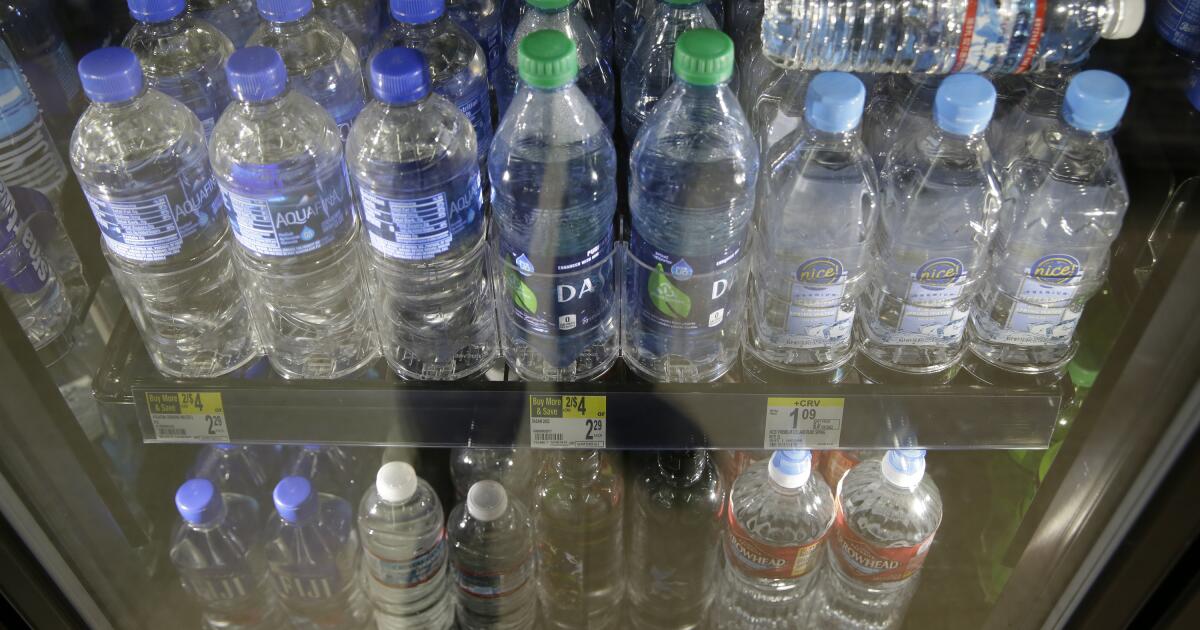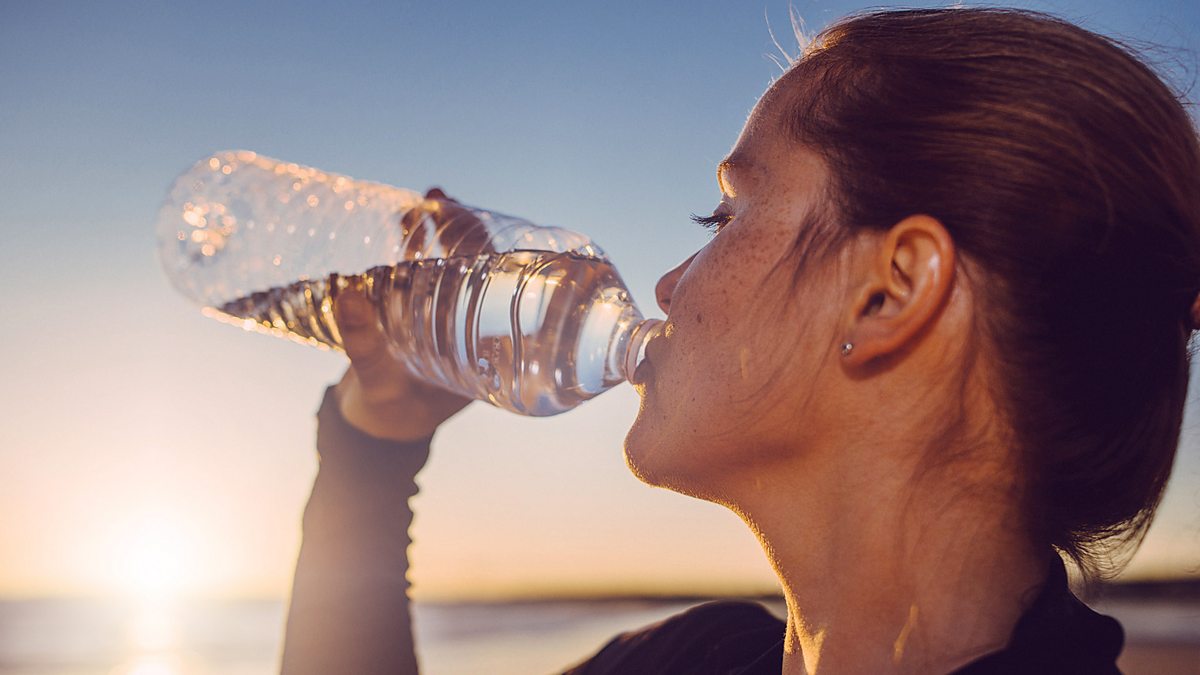Solarstrike
Member
So as many in the world suspected, we've all been duped. Bamboozled. Shafted. Scammed. Swindled. Ripped-Off. And now, poisoned! What a great time to be alive. Where humanity can be free an enjoy the finer things in life like a nice smoked fillet of Salmon with just a hint of plastic. The ocean is deep, and the problem with plastics is far and wide beyond anyone's comprehension.
"Using sophisticated imaging technology, scientists at Columbia University's Lamont-Doherty laboratory examined water samples from three popular brands (they won't say which ones) and found hundreds of thousands of bits of plastic per liter of water. Ninety percent of those plastics were small enough to qualify as nanoplastics: microscopic flecks so small that they can be absorbed into human cells and tissue, as well as cross the blood-brain barrier."

 www.latimes.com
www.latimes.com
"Using sophisticated imaging technology, scientists at Columbia University's Lamont-Doherty laboratory examined water samples from three popular brands (they won't say which ones) and found hundreds of thousands of bits of plastic per liter of water. Ninety percent of those plastics were small enough to qualify as nanoplastics: microscopic flecks so small that they can be absorbed into human cells and tissue, as well as cross the blood-brain barrier."

Researchers discover thousands of nanoplastic bits in bottles of drinking water
Nanoplastics are microscopic flecks so small that they can be absorbed into human cells and tissue, as well as cross the blood-brain barrier.








